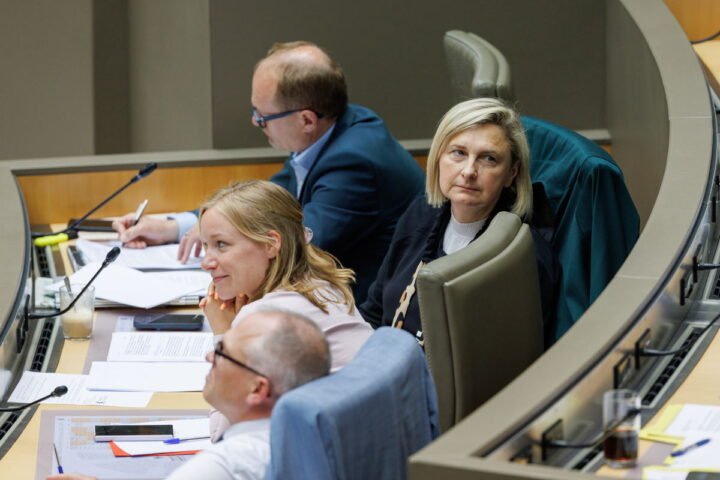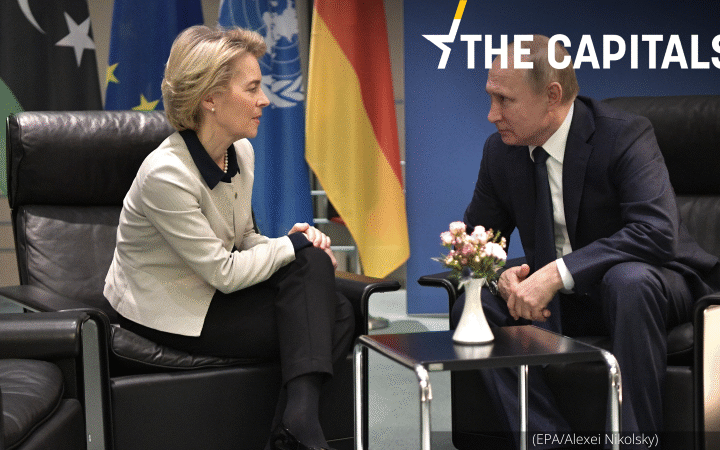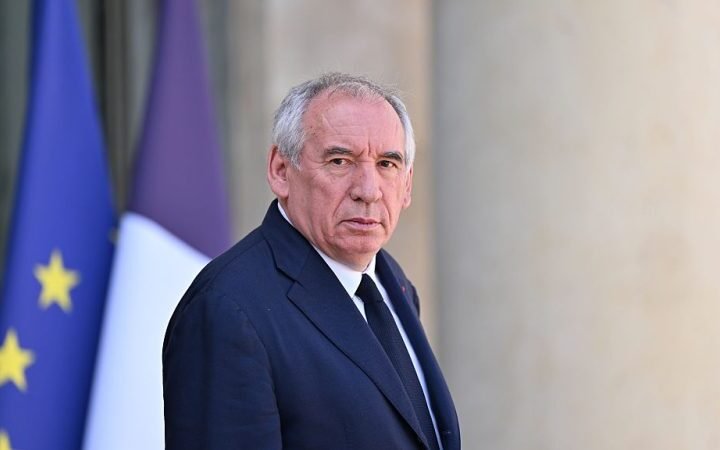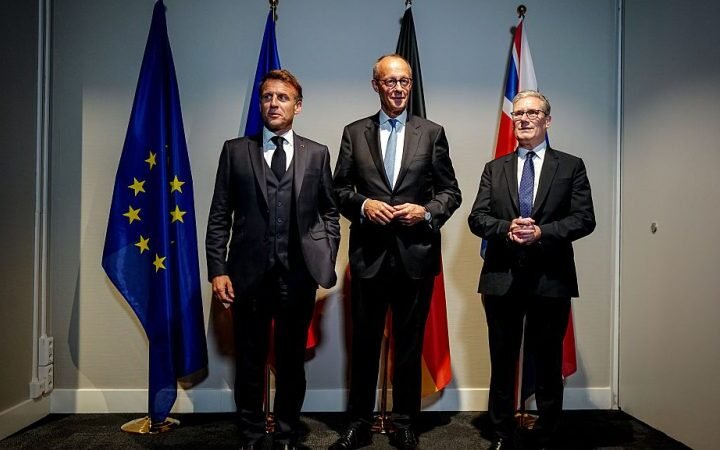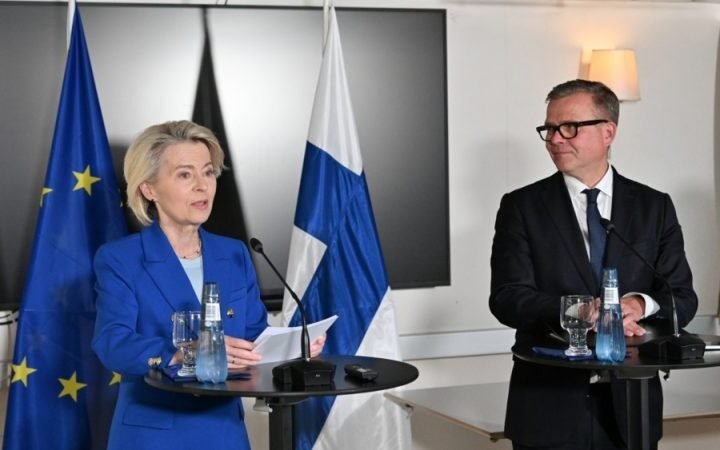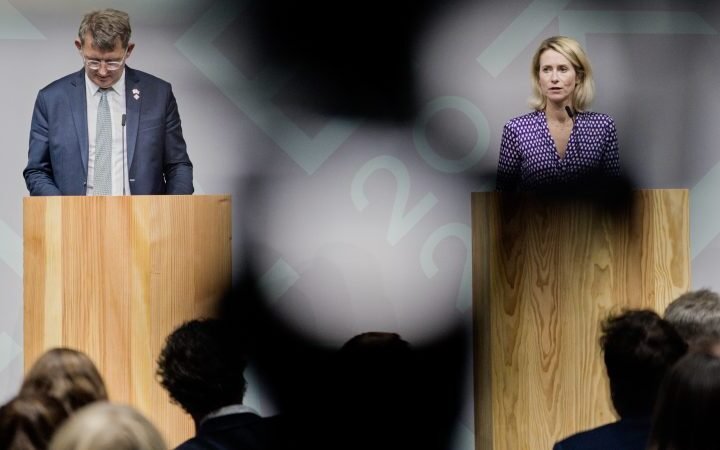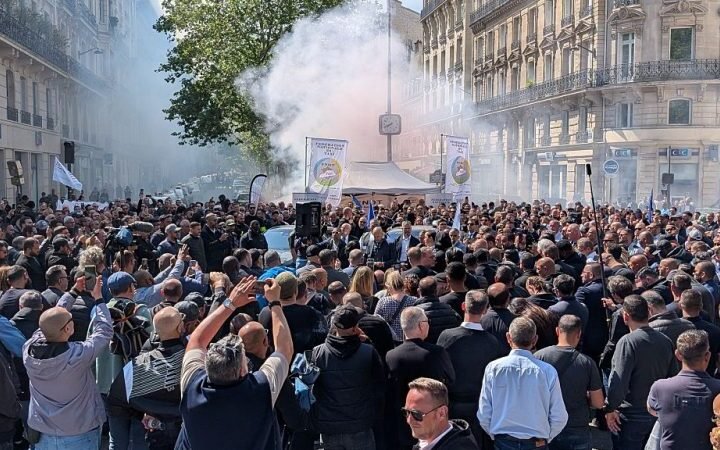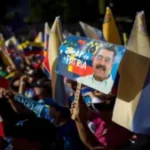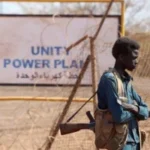Title of the Article
A significant escalation has occurred in the ongoing conflict, with recent developments underscoring the tensions between the involved parties. Reports indicate that a series of military actions were initiated early this morning, leading to an increase in casualties and raising concerns about the effectiveness of ongoing diplomatic efforts. While details are still emerging, the situation has drawn international attention, highlighting the precarious balance in the region, reports 24brussels.
Initial reports suggest that the latest exchanges of fire involved heavy artillery, resulting in significant damage to civilian infrastructure and multiple casualties on both sides. Eyewitness accounts describe a harrowing scene, one that reflects the mounting toll of the conflict. As the situation develops, military analysts are closely monitoring strategic responses from both the governmental and non-governmental entities involved.
Despite ongoing diplomatic talks aimed at de-escalation, the recent uptick in violence poses serious questions about the future of negotiations. Representatives from various international bodies have condemned the latest round of hostilities, calling for immediate ceasefire measures and urging both parties to return to the negotiating table to discuss a peaceful resolution.
As countries around the world react to the renewed violence, public sentiment is increasingly leaning towards a call for stronger intervention from international entities. Analysts believe that without decisive action, the conflict risks spiraling into a larger regional crisis, further complicating the geopolitical landscape.
In light of these developments, the response from both military and civilian leadership will be crucial in determining the next steps. Observers are particularly focused on how these events will influence future diplomatic efforts and the broader implications for regional security. International collaboration may be key to addressing the profound challenges presented by this conflict.

